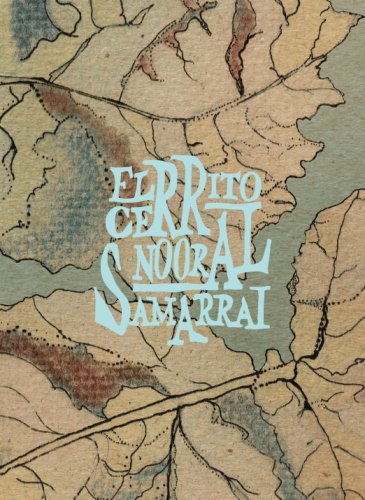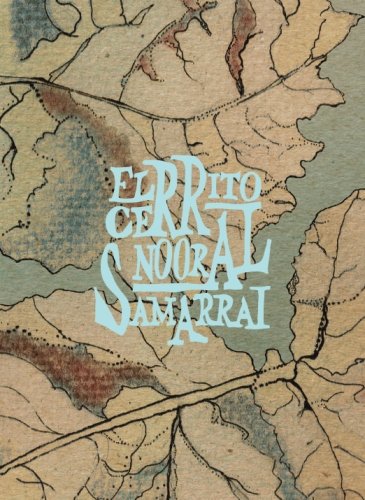El Cerrito, by Noor Al-Samarrai
El Cerrito, by Noor Al-Samarrai
Inside the Castle 9780999345931
Couldn't load pickup availability
-Julie Carr
El Cerrito starts quiet and small, with a group of friends wandering around the nondescript bay area suburbs of El Cerrito. And then suddenly it is large, mesmerizing, international: Morocco, Sarajevo, Turkey, Jordan. But this is distinctive not just for its global reach. It is a psychogeography that is also a love story, a narrative. It drew me in and then surprised me, in the best way.
-Juliana Spahr
I’ve lived in this part of California all my life, but I’ve not lived it, not breathed its lives and deaths, as I have, now that I’ve read Noor Al-Samarrai’s EL CERRITO. It is thrilling to find a poet who both accurately exposes the history behind every place she encounters (her foot-noting is a living artery of interactivity), and who constantly infuses the page with the frank immediacy of the daily. She does not use language to layer upon it the emotions she’d like to propose we feel, rather she lets the actual vibrate in its own detail, and I feel what is always a complexity that is more than any performed affect, and that is constantly moving in time. Too may poets make a static artifact of the moment. Instead, Ms. Al-Samarrai exposes the micro-tonalities that are the present as it rests uneasily on all that came before. It is James Baldwin whom I hear echo from the pages of this work, when he tells us: “The past is what makes the present coherent, and the past will remain horrible for exactly as long as we refuse to assess it honestly.” To that end, this first book encompasses the personal, historical, environmental, and interrogates conceptions of foreignness and belonging, though nothing is moralized, distanced, or decided. We travel with Al-Samarrai and we feel how we might live awake to our own lives. There are, as well, many instances of language-use that invigorate the intuition, such as “neat-gilled and salivating mushrooms with caps covered in a substance like gathered spit, /single link of deer vertebra, /rain-lush slopes. All the way up the hill we heard the highway.” But notice that, even in such moments, we are called back to the presence of what concretizes, what constrains, all of us who live in the flat lands of cities in the throws of late capitalism. I will return to read this work often, and then I will go back out into my city to walk with my eyes re-opened, alert to my pulse of the present. I will return to Ms Al-Samarrai’s work because she shows me how to stay in motion. She writes, to my mind, in the lineage of Charles Olson, who demands “always one perception must must must MOVE, INSTANTER, ON ANOTHER!” And under the sign of Italo Calvino, when he explains: “… the function of literature is communication between things that are different… not blunting but even sharpening the differences between them, following the true bent of written language.” To achieve this, as Ms.Al-Samarrai does, is, to my mind, literature of the highest order.
-Rusty Morrison
Share

